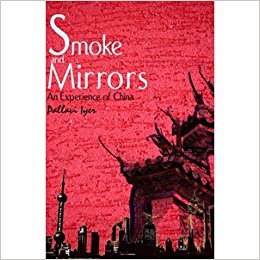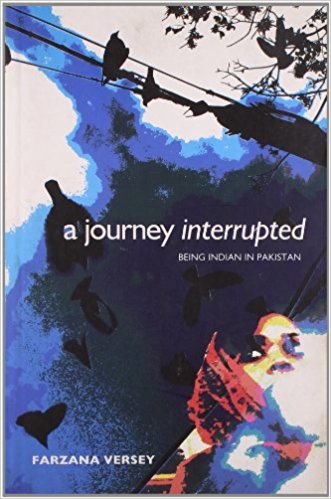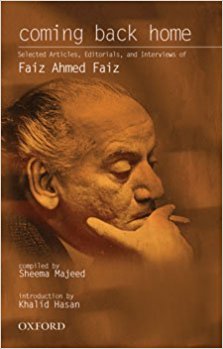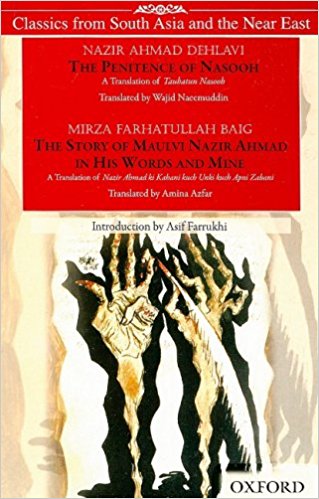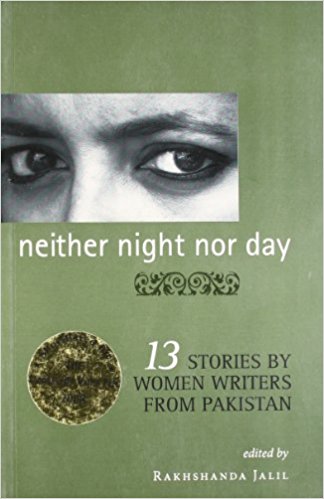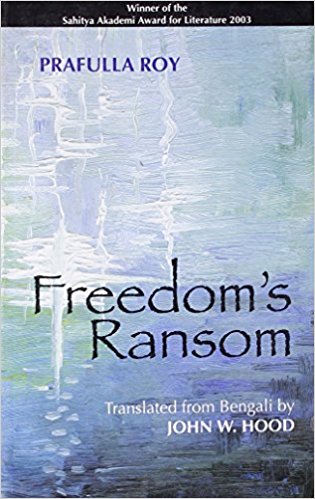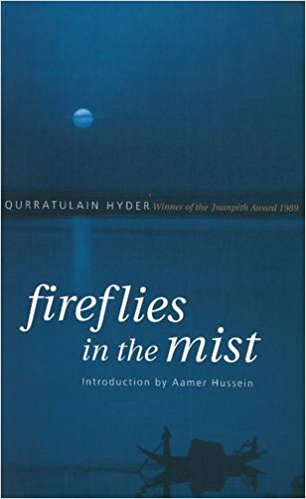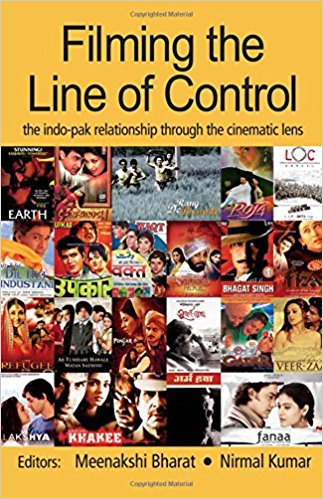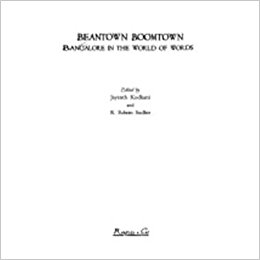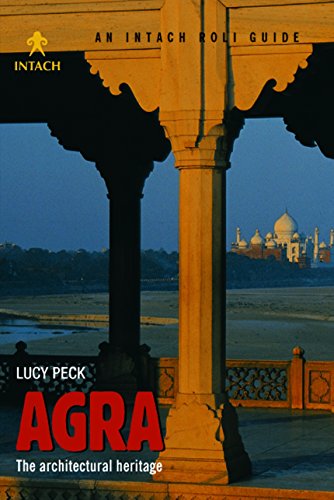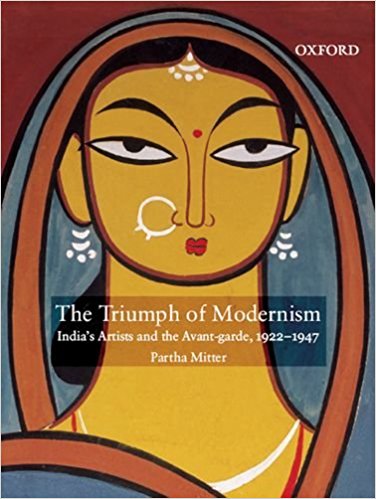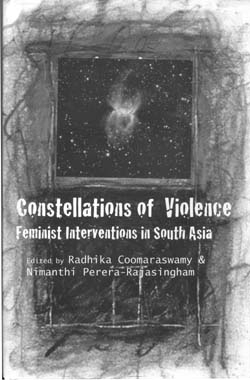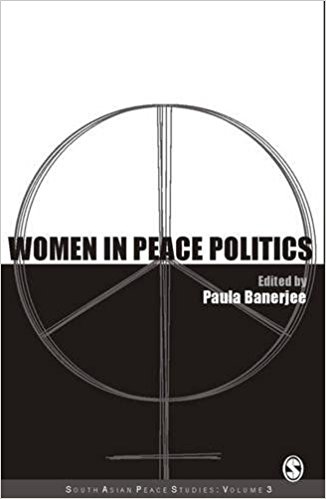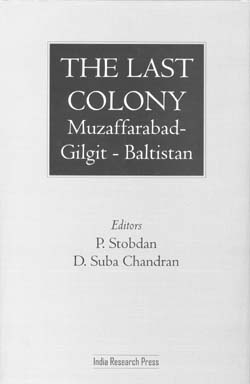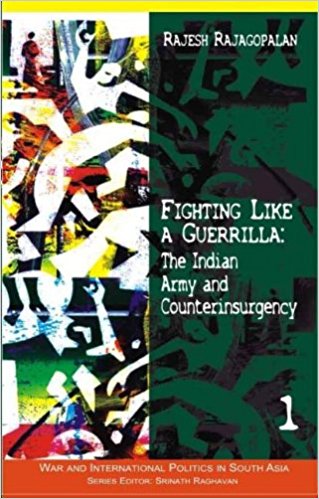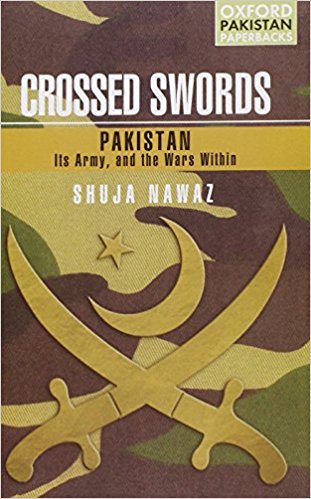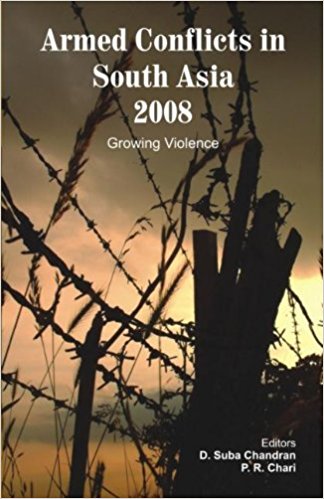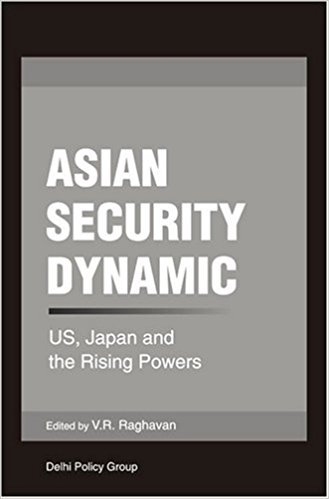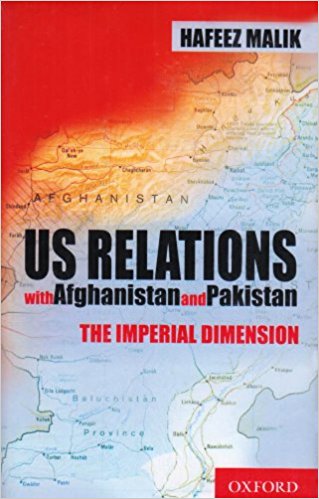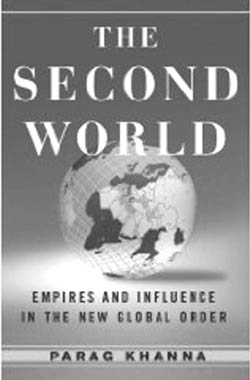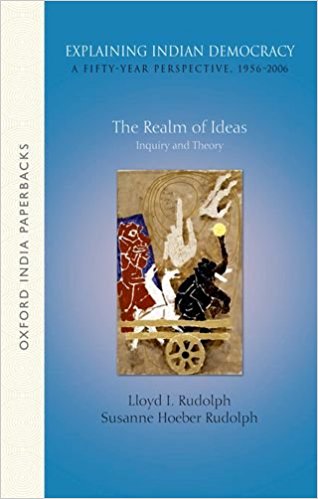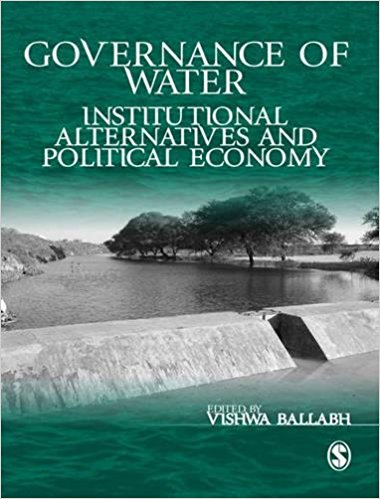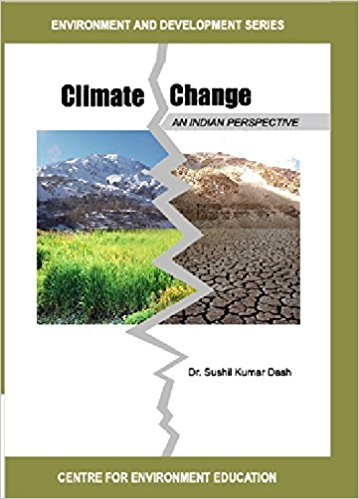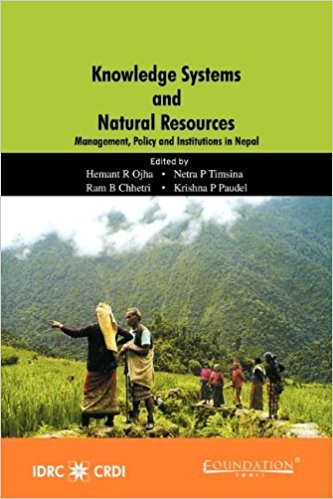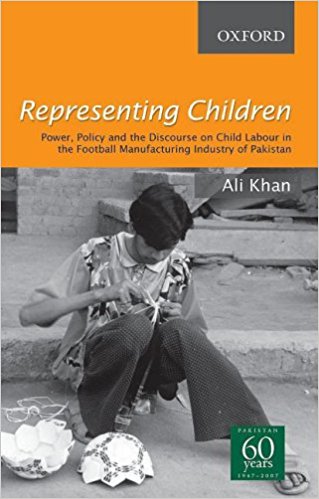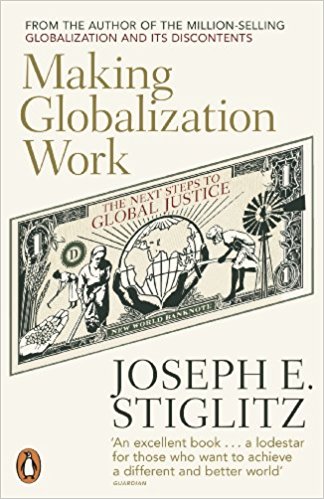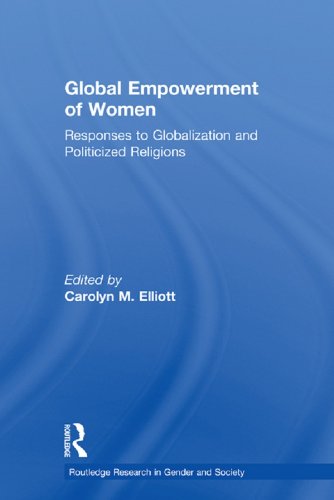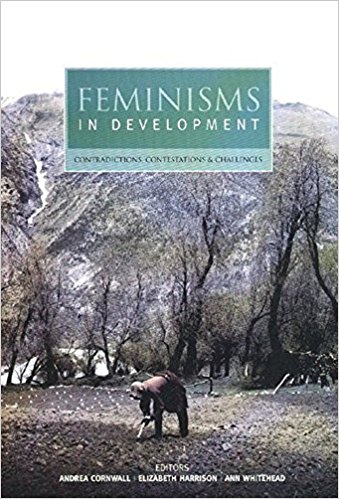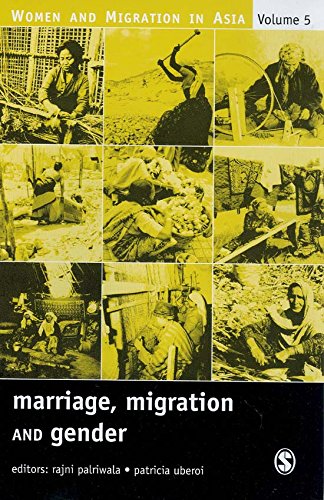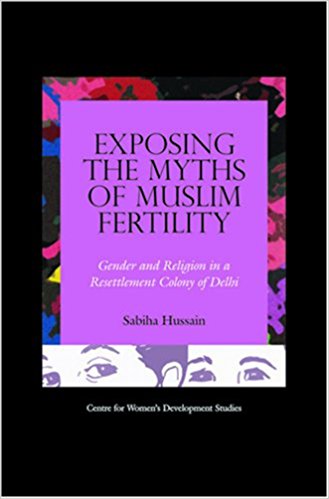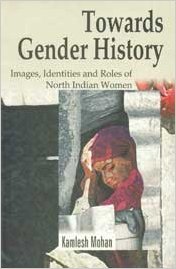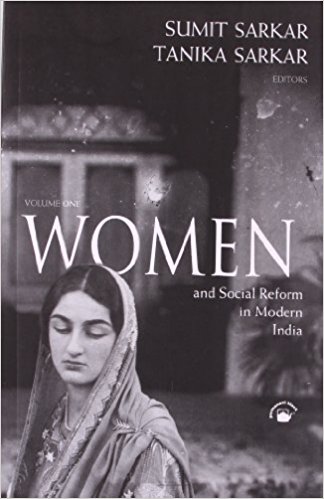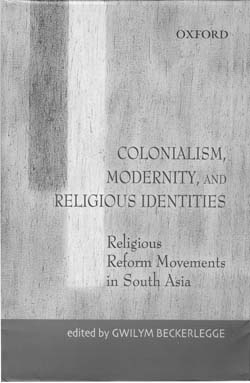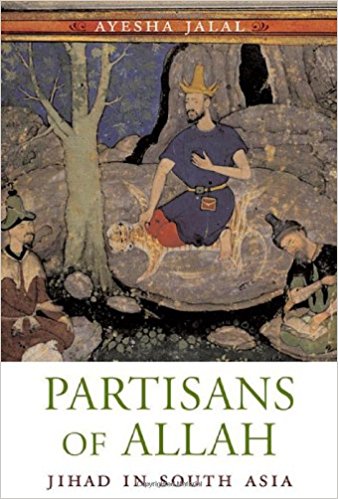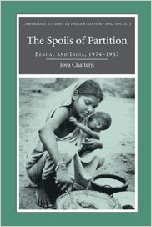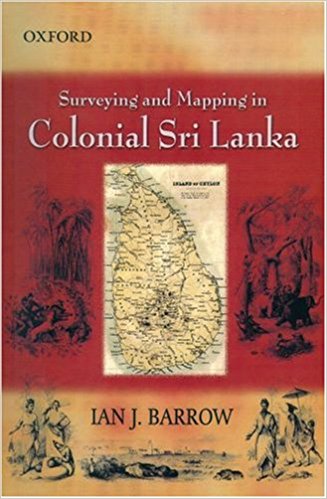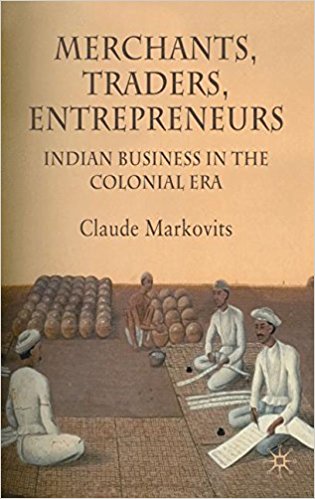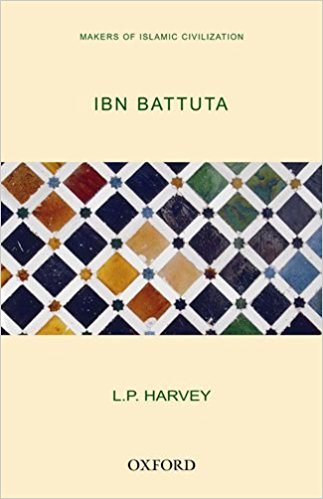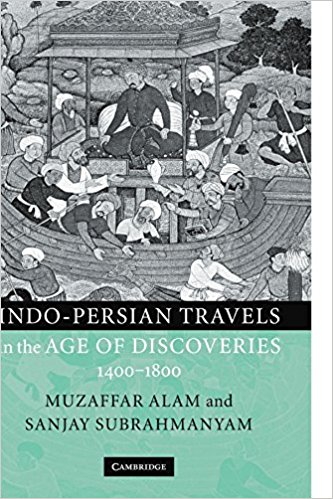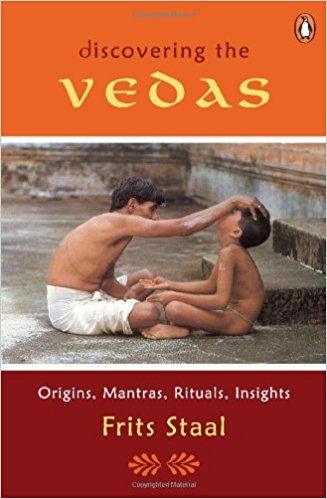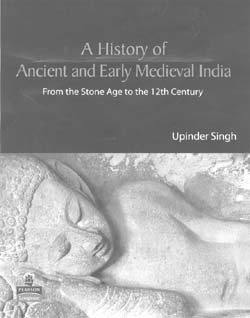Reporting from China has always been a fascinating experience. Nevertheless, much as in ‘area studies’, western- and-ethno-centrism and value-judgements dominate analyses by foreigners on China.
Archives
October 2008 . VOLUME 32, NUMBER 10A Journey Interrupted is a secular version of nineteenth-century Indian women’s hajj narratives in which their sense of their Indian identity became stronger and stronger as their pilgrimages proceeded.1 At its simplest,
‘Politics and history are interwoven, but not commensurate,’ said Lord Acton (1834-1902) in his inaugural lecture as Regius Professor at Cambridge in 1895. So also are politics and prose, and, in the worst of times, politics and poetry.
Oxford University Press, Karachi, has put together a translation of two books (almost two books, since the second can perhaps qualify only as a booklet) which are related to each other in more ways than one.
In Indian discussions of Pakistani literature, writings in Urdu and English tend to occupy centrestage, certain specific themes and issues are favoured by the critical establishment, and the works of women writers, barring a few well-known names, receive scant attention.
2008
The original Bengali name of the translated book, nowhere cited by the translator or publisher is Akasher Niche Manush (People under the Sky). Prafulla Roy won the Sahitya Akademi Award for Bengali in 2003 for his Krantikal.
Often one of the most difficult things to translate in a novel is the title and the most difficult thing to choose is a translator. Qurratulain Hyder, one of the greatest modern Urdu literary figures, was not one to be easily satisfied in these matters.
2008
It is significant that in the introduction to her play, Sanctuary!, Hema Ramakrishna quotes Muriel Rukeyser’s poem to Orpheus at length to contextualize and situate the epigram that begins this retelling of the Indian epic, the Ramayana:
This anthology of essays and interviews dealing with Indo-Pak relationships in Cinema attempts to demonstrate the ‘gradual but distinct’ move by Hindi cinema from a Pakistan centric and partition related construct of the national self-image to an increasingly self-reflexive and self-reflective one.
Ramu Nagappan’s introductory lines in the book—‘who has the right to speak about trauma?’ is a question that has been pertinent in the last couple of years as debates on histories from below raised crucial questions whether the subaltern can speak at all.
Perhaps no other contemporary Indian metro makes complete strangers of its natives as does Bengaluru. Ceaselessly changing one way systems, the sudden yawning gap in the ground where a familiar landmark stood, ever narrowing footpaths, a babel of tongues and a forest of signs make the place unfamiliar.
Lucy Peck’s new guide is the best and most comprehensive guide of Agra since the classical compilations of S.M. Latif and H.G. Keene of the nineteenth century.
A few years ago artist Vivan Sundaram created a stunning body of work titled Retake of Amrita using fifty-six exquisite images of the family taken by his grandfather Umrao Singh Sher-Gil (1870–1954).
The associations which some years back invariably linked the idea of modernism to Baudelaire’s flâneur or Picasso’s demoiselles have today begun to fade, confronted as they are by critical interventions from across the globe challenging the certitudes of universalizing narratives.
This important anthology brings together seven case studies and one essay that analyse the current thinking about gender-based violence, a subject that has got very little academic attention so far.
Women by their presence and agency have multiple roles in the various armed conflicts of South Asia. Their roles as combatants and peace makers awaken curiosity amongst onlookers and interest amongst researchers.
Despite the strategic importance of the region comprising Muzaffarabad, Gilgit and Baltistan for all the four countries around its periphery, India, China, Pakistan and Afghanistan, it is a fact that none of them have ever taken a great deal of interest in it.
Terrorism is one issue on which the international community has come to be united not least because it has become so widespread as a means of giving vent to a grievance—real or imaginary—that no country can claim total immunity. Despite the continuing deadlock at the UN over how terrorism should be defined with an argument being made that one man’s terrorist might well be another man’s freedom fighter, there is universal acceptance that it needs to be combated.
In the year 512 Before the Common Era, the Persian Emperor Darius, ruler of the largest empire and commander of the strongest army in the world at that time, failed to subdue the Scythians who adopted what we would describe today as guerrilla warfare.
A large theme requires a large book to explore its several dimensions. Scholars never tire of making invidious comparisons between the divergent roles played by the military establishments of India and Pakistan in their internal polity.
This book is the second in the series of annual publications which will cover conflicts in South Asia. This is an admirable effort and as things stand the series is likely to continue for years to come.
To see a book on maritime security produced outside Delhi, in the coastal city of Chennai, is a happy occurrence. Produced by the Centre for Security Analyses (CSA) it is the product of a seminar conducted in Chennai with funding from the Hans Seidel Foundation, Munich.
This book is a result of a seminar organized by the Delhi Policy Group in November 22-23, 2007 in New Delhi. In January 2007 the Delhi Policy Group initiated a research project titled, ‘Asian Security Dynamics’ to study the dynamics of the strategic relations between Japan and the United States in the changing environment in Asia mainly due to the ‘rise’ of China and India.
In August 2008, Pervez Musharraf resigned as the President of Pakistan. The US reaction has been one of muted praise for his role in the war against terrorism, even as it could do little to shore up his failing acceptability in the Pakistani polity.
Khanna’s ambitious volume, freighted with a 23-page bibliography and 64 pages of substantive notes is, at first glance, highly ambitious. Endearingly, it also contains a very lengthy list of exceptionally enthusiastic acknowledgments—not all of them recognizing only the prominent and world-famous.
The three volumes, Explaining Indian Democracy, bring together the research publications of Lloyd Rudolph and Susanne Rudolph over a period of fifty years. These essays are the product of a highly fruitful intellectual collaboration between two prominent scholars who are also wife and husband, which is rare in any profession.
In the current discussion on water sector reforms one can discern a wide and growing consensus on key issues. It is generally agreed that water is a finite commodity; it has to be looked at in a holistic manner; it has the characteristics of being a social as well as an economic good; the need to conserve water is as important as the desirability of containing demand, etc.
Human induced climate change is arguably the first environmental issue to successfully puncture the comfortable assumption that environment and development are separate and separable.
Finding ways to better manage natural resources is critical, and increasingly so. From forests to fisheries, and from water to agricultural systems, a range of natural resources are increasingly becoming scarce, with their sustainability both essential, and in question.
The rapid growth in global wealth has failed to eliminate the scourge of child labour. Millions of children between 5 to 17 years of age continue to be engaged in hazardous occupations, agriculture, daily wage work and are victims of trafficking,
In the intellectual debates and discourses in the social sciences, for almost three decades now, ‘globalization’ has been a much talked about and bitterly contested theme. It has both been praised and pilloried in substantial measure, and there is little reason to believe that the dust will settle in the foreseeable future.
The title is misleading because much of the book is about the adverse consequences of globalization and neoliberal policy. These days the phrase ‘neoliberal’ is bandied about without explaining what it is and how it has come about—was a liberal state something that just preceded it or was it replaced by another political system which is not named?
The book under review actually has two titles, both of which are equally apt and arresting. Titled Feminisms in Development: Contradictions, Contestations & Challenges it has its origins in a workshop ‘Gender Myths and Feminist Fables: Repositioning Gender in Development Policy and Practice’ organized by the Institute of Development Studies and the University of Sussex at Brighton in July 2003.
Female migration is still largely due to marriage migration, though other forms of migration are gaining importance in recent times. Though marriage migration appears as a simple, linear phenomenon, of late the complexities of such movement have been a subject of concern in the discourses on migration.
Sabiha Hussain’s attempt to critically and empirically examine myths associated with Islam and demographic questions relating to fertility and increasing size of Muslim population is not only timely but a welcome addition to knowledge on a subject.
Using historical sources, including official and nonofficial, published and unpublished in combination with oral tradition and other sources, Kamlesh Mohan attempts an exploration of the varied formulations of culture and their interplay with economic forces from the colonial period to contemporary India.
This useful volume brings together a number of important essays on the history of social reform in different parts of India. The two volumes promise to offer more comprehensive coverage with essays from the southern and north-eastern parts of the country.
The work under review is the third of a series of works focusing on religious reform in South Asia. The two preceding volumes in the same series, both edited by Antony Copley, were titled Gurus and Their Followers and Hinduism in Public and Private and brought out in the years 2000 and 2003 respectively.
2008
Through her sophisticated intellectual history of Islam in South Asia, Professor Jalal attempts to ‘restore’ what she determines to be the core meaning of jihad: ‘an ethical struggle to be human’ (pp. 19, 300).
Is the historical meaning of the partition exhausted by the bewildering and horrifying nature of the event itself or of the moment of loss, violence and multiple re-orderings of lives by governments and communities? The concern with the proliferating tracks of the event has been the dominant one in partition studies since its founding moment in the texts of Kamla Bhasin, Ritu Menon, Gyanendra Pandey and Urvashi Bhutalia; its lineage extends to Vazira Zamindar’s recent book* that has addressed the Pakistan side of the story as well.
It is obvious that in this age of information, accumulation of knowledge is integral to the question of domination if not of survival. Accumulation of knowledge about the local terrain and its geography are central to the establishment of imperial domination.
This book comprising many individual papers written by Markovits over two decades between 1981 and 2003 is very ambitious in scope and covers many aspects of business activity during the colonial era,
The author has arranged his introductory remarks in three parts. Part One is about Ibn Battuta and his Travels. Harvey provides some details about the wanderlust-bitten Moroccan qazi and places his account in the genre of medieval travel narratives.
The book is based on detailed and extensive readings of travel accounts in Persian related to India, Iran, and Central Asia that revelled in Indo-Persian culture. Focusing on a specific historical period that extends from the fifteenth to the eighteenth centuries, this work comes across to us as the first comprehensive understanding of Safar nama, a genre of literature, not much studied by scholars.
For the last two decades, if not more, the Vedas have been in the news for all the wrong reasons, at the epicenter of discussions and debates that have been contentious, polemical and occasionally violent.
Structured into ten chapters, the book starts off with features of the main physiographic zones of the subcontinent, periodization, and changing interpretations of early Indian history. The first chapter constitutes a detailed discussion of literary and archaeological sources.

